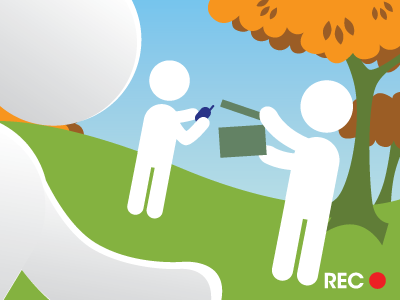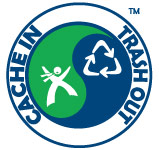Happy 11th Birthday Geocaching!
 Can you believe that geocaching turned 11 years old this week? Neither can we! Geocaching has come a long way since the first geocache was placed on May 3, 2000. Here are some fun facts and a timeline of the history of geocaching:
Can you believe that geocaching turned 11 years old this week? Neither can we! Geocaching has come a long way since the first geocache was placed on May 3, 2000. Here are some fun facts and a timeline of the history of geocaching:
• The first geocache was not called a geocache at all, but a “GPS Stash.” Although the original geocache is no longer in place, there is a plaque marking its location and a physical container with a logbook for visitors to sign.
• September 2, 2000: September 2, 2000: Geocaching.com launches. The site lists 75 geocaches worldwide.
• August 30, 2001: The first Travel Bug® is released by Jeremy. TB1 is a rubber ducky named “Deadly Duck: Envy.” Fun fact: The image on the Deadly Duck’s Trackable page is Photoshopped to replicate this mug shot of a famous Seattle-area entrepreneur and philanthropist in his younger, “wilder” days.
• September 30, 2001: Moun10Bike places the second Geocoin in a cache near Deception Pass, Washington. He keeps the first Geocoin in his personal collection. Watch him tell his story.
• December 31, 2007: Geocaching.com reaches 500,000 active geocache listings.
• March 8, 2010: Geocaching.com reaches 1 million active geocache listings. The number of listings on Geocaching.com has grown by 37% since then.
• May 3, 2011: There are currently over 1.3 million geocaches listed on Geocaching.com. They are hidden in almost every country in the world.
• May 3, 2025: The first geocache is placed on Saturn to commemorate the 25th anniversary of geocaching.
Okay, so the last one is probably not true. But it could be. How do you think geocaching will change in the next 5, 15, 25 years? Share your thoughts on Facebook.





